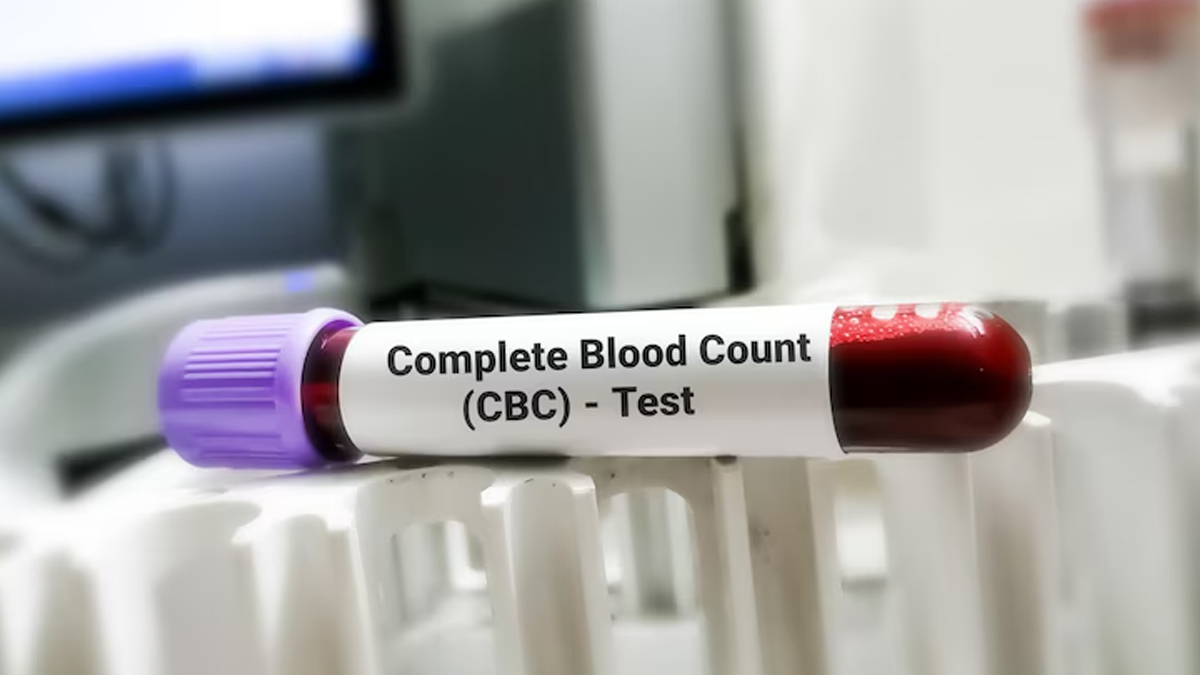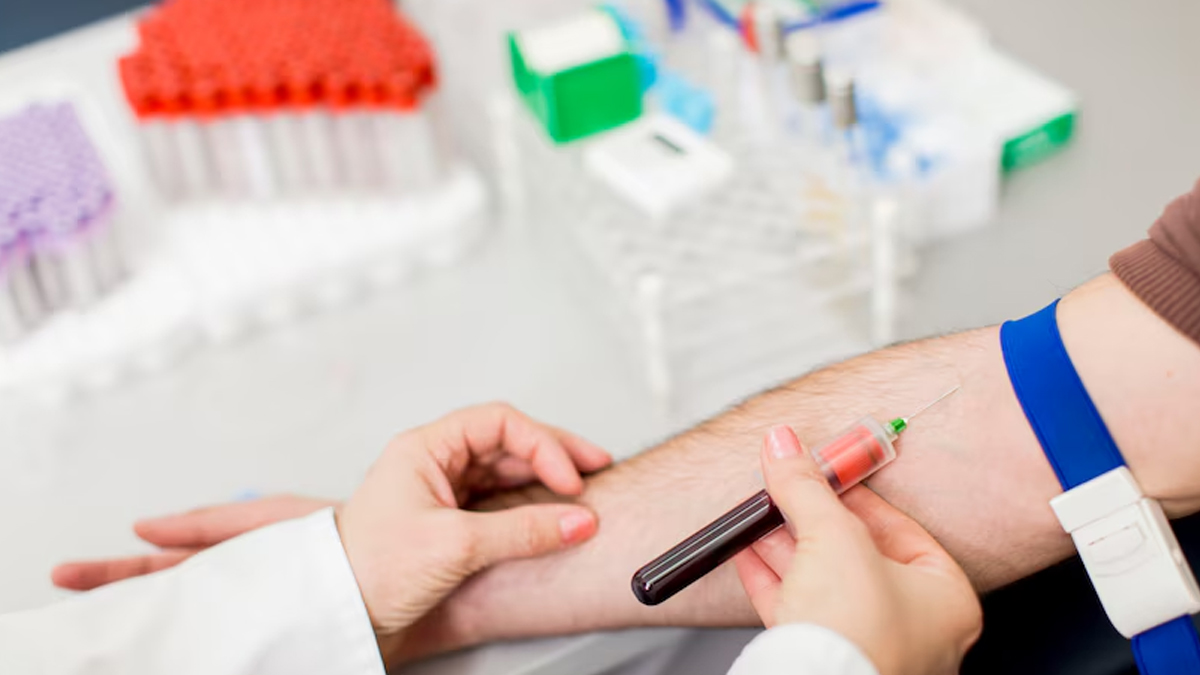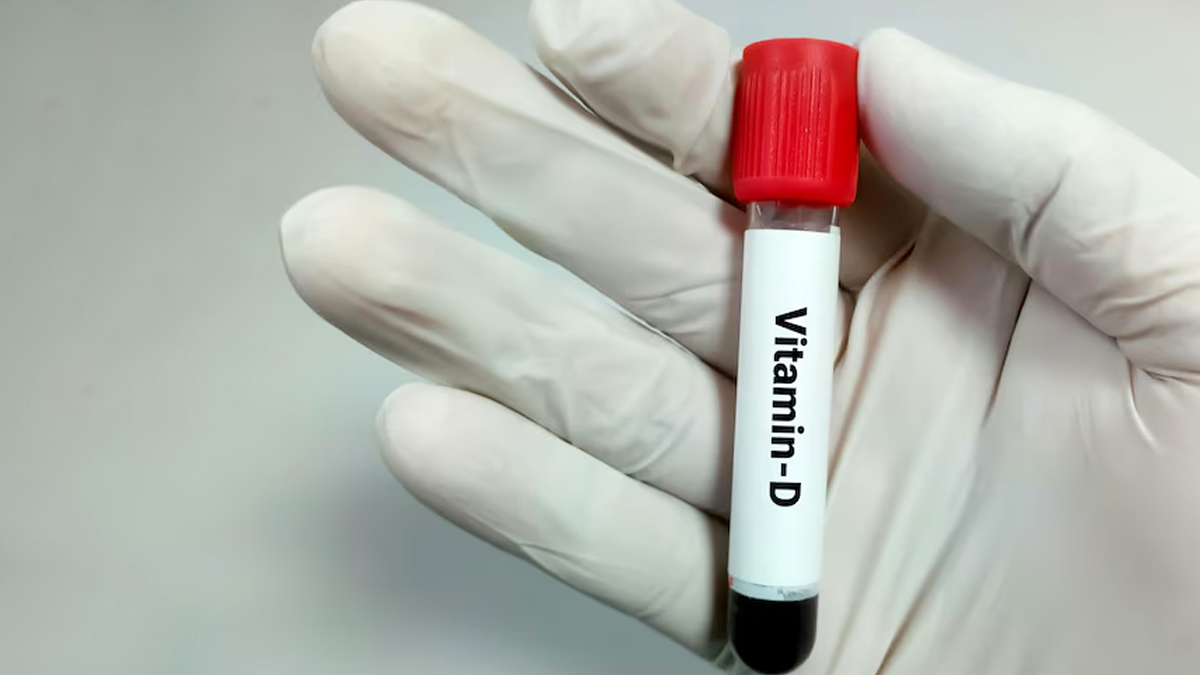
As we step into 2025, maintaining good health should be a top priority. An annual health check-up is more than just a routine activity; it is a proactive approach to understanding your body and addressing potential health concerns before they escalate. Regular health assessments allow you to stay informed about your body’s needs and make necessary adjustments to your lifestyle for long-term well-being. Below are seven essential lab tests to include in your health routine this year.
Table of Content:-
To know more about which tests should be considered before the year ends, OnlyMyHealth team interacted with Dr Charu Goel Sachdeva, Director & Unit Head, Internal Medicine, Max Super Speciality Hospital, Dwarka. She said, “Annual medical check-ups empower individuals to identify health risks early and make informed decisions about their well-being.” Below are seven essential lab tests to include in your health routine this year.
1. Complete Blood Count (CBC)

A Complete Blood Count (CBC) is one of the most basic yet informative tests. It evaluates various components of your blood, including red blood cells, white blood cells, platelets, and hemoglobin levels. “CBC provides insights into your overall health, helping detect conditions like anemia, infections, and even some blood cancers,” says Dr Sachdeva. Regular CBC tests enable early detection of potential issues, ensuring timely intervention and treatment.
2. Lipid Profile
Your lipid profile assesses cholesterol and fat levels in your blood. This includes LDL (low-density lipoprotein, or “bad” cholesterol), HDL (high-density lipoprotein, or “good” cholesterol), total cholesterol, and triglycerides. “Elevated levels of LDL or triglycerides and low levels of HDL are major risk factors for cardiovascular diseases,” explains Dr Sachdeva. Regular monitoring of your lipid profile allows you to make dietary and lifestyle changes to mitigate risks of heart disease and stroke.
Also read: How Often Should You Get A Cholesterol Test
3. Blood Sugar Test

The blood sugar test is vital for detecting prediabetes or diabetes. Dr Sachdeva elaborates: “High blood sugar levels over time can lead to serious complications such as kidney damage, nerve damage, and heart disease.” This test includes:
- Fasting Blood Glucose Test: Measures blood sugar after 8-10 hours of fasting.
- Postprandial Glucose Test: Measures blood sugar after eating.
Regular monitoring helps you take preventive measures to manage or reverse early signs of diabetes.
4. Thyroid Function Test
Your thyroid gland regulates metabolism and energy levels. A thyroid function test evaluates hormones like TSH (Thyroid Stimulating Hormone), T3, and T4. “Thyroid problems such as hypothyroidism or hyperthyroidism can affect weight, mood, and overall energy levels,” notes Dr Sachdeva. Untreated thyroid conditions can lead to severe complications like heart disease and osteoporosis, making routine testing essential.
Also read: The Right Way To Take Your Thyroid Medication, As Per An Expert
5. Liver Function Test (LFT)

The liver plays a pivotal role in detoxifying the blood, producing proteins, and processing nutrients. A Liver Function Test (LFT) measures enzymes and proteins in your blood to assess liver health. Dr Sachdeva highlights: “Elevated enzyme levels can signal liver damage or inflammation caused by conditions like fatty liver disease, viral hepatitis, or alcohol use.” Routine LFTs enable early detection of issues, preventing serious conditions such as cirrhosis or liver cancer.
6. Kidney Function Test
Kidneys filter waste and regulate fluid balance in the body. Kidney Function Tests, including serum creatinine and blood urea nitrogen (BUN), assess how well your kidneys are functioning. “Chronic kidney disease (CKD) can progress silently, making regular testing crucial,” says Dr Sachdeva. Early detection of kidney issues is particularly important for individuals with diabetes or high blood pressure, as it helps slow disease progression and prevent complications like kidney failure.
7. Vitamin D and Calcium Levels

Vitamin D and calcium are vital for strong bones, immune function, and muscle health. Deficiencies can lead to conditions like osteoporosis and increased susceptibility to infections. Dr Sachdeva advises: “A simple blood test can check your levels, and if deficiencies are identified, dietary adjustments or supplements can be introduced.” Ensuring optimal levels of these nutrients supports long-term bone and overall health.
Embrace Preventive Health in 2025
Prevention is always better than cure, and regular lab tests form the cornerstone of preventive healthcare. “By investing in routine check-ups, you’re not just managing your health; you’re safeguarding your future,” concludes Dr Sachdeva. As 2025 unfolds, let your health take centre stage. By incorporating these essential tests into your annual check-up, you’re equipping yourself with the knowledge to lead a healthier, happier life.
Also watch this video
How we keep this article up to date:
We work with experts and keep a close eye on the latest in health and wellness. Whenever there is a new research or helpful information, we update our articles with accurate and useful advice.
Current Version